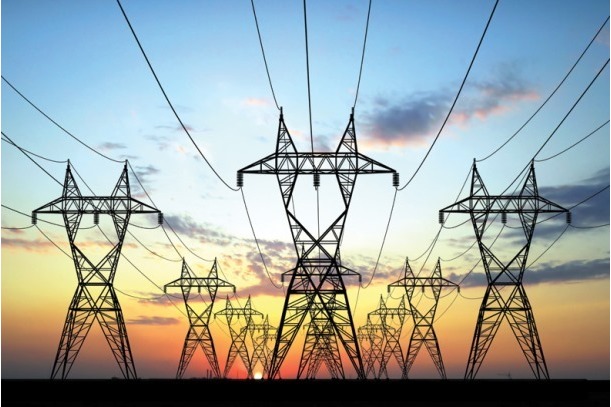Latest News
Ghana to address energy shortages with new World Bank guarantees

News Highlight
- Bank approved an IDA Payment guarantee of $500 million and an IBRD Enclave Loan guarantee of $200 million.
- The guarantees are expected to mobilize $7.9 billion in new private investment for offshore natural gas.
The World Bank has approved a record investment of $700 million in guarantees for Ghana’s Sankofa Gas Project - a transformational project that will help address the country’s serious energy shortages by developing new sources of clean and affordable natural gas for domestic power generation.
The Bank’s Board approved a unique combination of two guarantees for the Project – an IDA Payment guarantee of $500 million that supports timely payments for gas purchases by Ghana National Petroleum Corporation and an IBRD Enclave Loan guarantee of $200 million that enables the project to secure financing from its private sponsors. Together, the guarantees are expected to mobilize $7.9 billion in new private investment for offshore natural gas, representing the biggest foreign direct investment in Ghana’s history.
Ghana, with a population of 25 million people, has suffered macroeconomic shocks in recent years – partly due to challenges being faced by the country’s power sector. A combination of water shortages for hydropower, erratic gas supplies from external sources, and delays in the development of domestic gas resources and new power plants have led to frequent power outages that have affected the poor the most. The Government of Ghana has spent more than $500 million on fuel subsidies to the power sector in recent years – significantly draining public resources.
Developing the Sankofa Gas Project – located 60 km offshore – is expected to bring significant benefits for Ghana by fuelling up to 1,000 megawatts of clean power generation, replacing polluting and expensive oil-burning electricity. Once the Sankofa field starts to produce gas in early 2018, Ghana will be able to reduce its oil imports by up to 12 million barrels a year and cut carbon emissions by 1.6 million metric tons of CO2 annually.
Related News
Latest Blogs
- How Tinubu is ensuring equitable access to public services
- Nigeria’s economic reform faces new threats
- What Ould Tah’s tenure at BADEA reveals about his AfDB candidacy
- Implementation strategy crucial for the success of 12-4 education policy
- A senator’s suspension threatens the right of representation
Most Popular News
- Artificial intelligence can help to reduce youth unemployment in Africa – ...
- Tariffs stir inflation fears in US but offer targeted industry gains ...
- Nigeria records $6.83 billion balance of payments surplus in 2024
- Tinubu appoints new Board Chair, Group CEO for NNPC Limited
- CBN net reserve hits $23.1 billion, the highest in three years
- Soaring civil unrest worries companies and insurers, says Allianz









